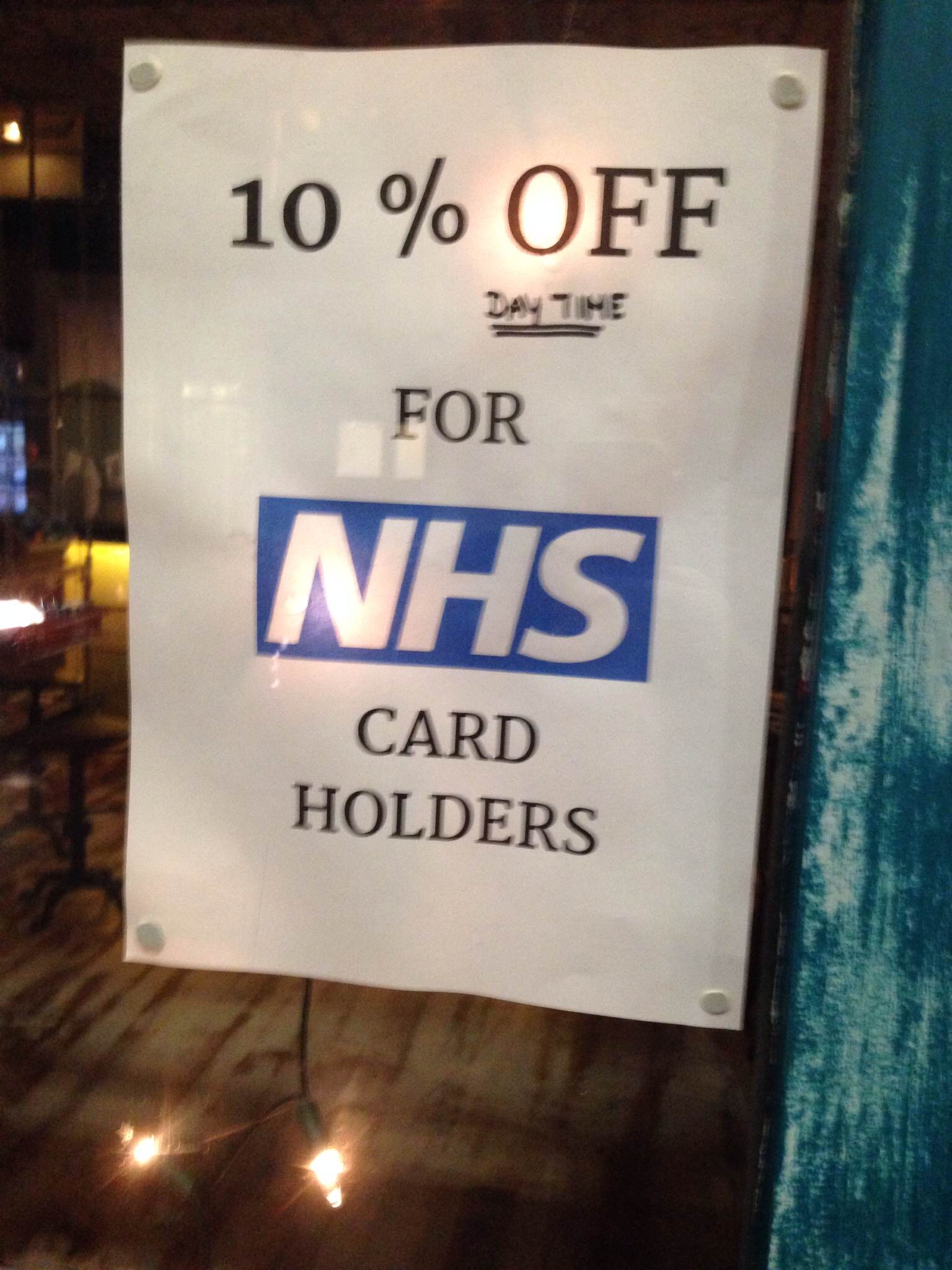
Zameel Panthakkalakath
As regular readers know one of the big interested of this blog is the use of social media and communications technology to improve patient care and outcome. So we are delighted to present a guest post by Zameel Panthakkalakath which looks at the uses of smartphones as a way of dealing with the current A&E crisis. What do you think? Share your thoughts in the comments section below!
With hospitals reportedly at breaking point due to record numbers of emergency admissions, arguments rage about the root cause of the problems. And as the election approaches, chances of anything more than soundbyte analysis are becoming increasingly slim: apparently, with a sufficient dose of money and staff, all will be well.
What’s not well publicised is that in fact, spending on healthcare is continually increasing, and we’re not seeing the problems being solved. Public expenditure on the NHS doubled between 1997 and 2012, in real terms, yet we’re seeing increasingly poor value for money. The current A&E crisis is just one symptom of this. More cash will act as a sticking plaster providing temporary relief, but it won’t heal the underlying ailment – which is that healthcare delivery systems haven’t kept pace with advances in treatment capabilities and changes in demand. This makes for huge amounts of inefficiency and waste within the system, no matter how hard staff are working and how many hours they put in.
The good news is that the problems are fixable. By redesigning services and processes from scratch to reflect current day needs and incorporate new technologies, we can make resources go much, much further.
The A&E situation gives us some clues about where to start. In 2012-2013, 34.4% of patients visiting A& E received guidance/advice only. Before accusing people of going to A&E unnecessarily, it’s important to remember few people set off to spend hours in a hospital waiting room unless they are genuinely worried. What’s needed is a system that gives people practical alternatives. How many of these 6.3 million people could, for example, have been dealt with more quickly and cheaply had they been able to talk to a doctor over the phone or online?
Whilst some symptoms clearly need hands-on investigation, others do not. Computers and smartphones are bringing us a range of new ways to communicate that don’t require doctor and patient to be face-to-face in the same room. Ofcom figures, for example, show us that at the end of March 2013, 51% of UK adults owned a smartphone and that this rose rapidly over the year to reach a figure of 61% by the end of March 2014. Smartphones offer both internet access and the option to take and send high quality photos and video that doctors could be using for diagnosis. A short phone or online consultation could very easily give people the information and reassurance they need at far less cost to the NHS than a visit to A&E would involve.
It’s time to look at radical infrastructure reforms that use resources more effectively and look forward to further advances rather than continuing to patch up old systems. Reorganize the way we deal with non-emergency cases and we’ll achieve two very important goals. One, faster help for those non-emergency patients, and two, safer, high quality care from less pressurized emergency services for those who are in urgent need of hospital care.
Zameel Panthakkalakath is a healthcare entrepreneur and consultant committed to improving the patient experience through innovative healthcare delivery.
Having gained practical experience as a medical doctor earlier in his career, his focus is now on finding ways for healthcare services to improve efficiency and cut waste. He believes smartphone medical photography has a key role to play in this, as one of the many elements in emerging mobile health technologies.
He’s keen to share knowledge and help both patients and doctors make the most of the potential of smartphone photography for improved healthcare.
Connect with Zameel and iPhone Medical Photography:
Website | Facebook | Twitter | Google+




